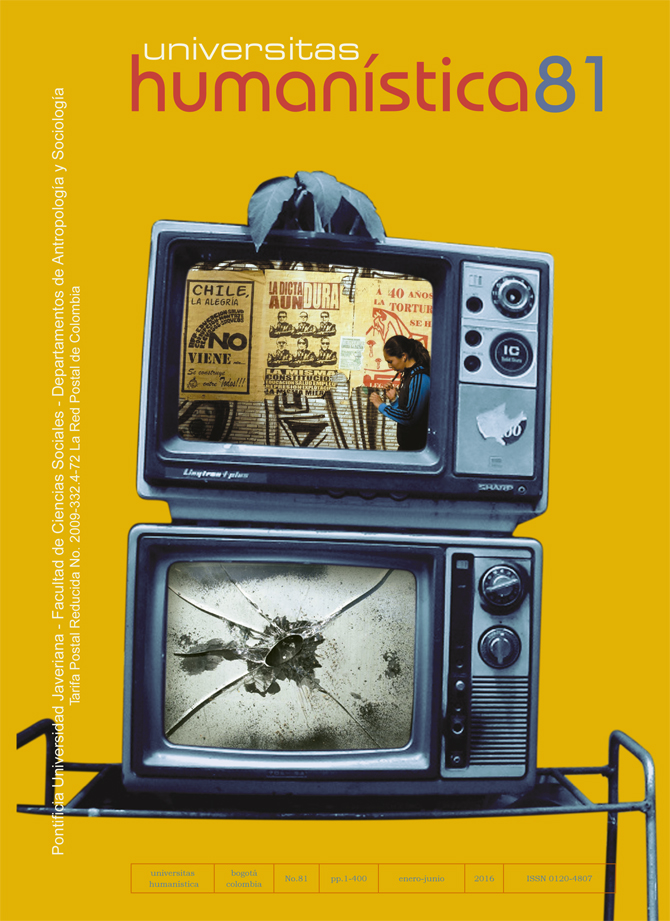Abstract
Gilberto Freyre (1900-1987) was one of the most important Brazilian social thinkers, whose legacy has been constantly revisited. In this paper I turn to a relatively unexplored aspect of his work that concerns the relationship between education and race. I point in this text beyond the ‘myth of racial democracy’ Freyre recognizes the existing barriers and inequalities in Brazilian society, so much that even states that diplomas become true ‘letters of sociological whiteness”’ recognizing not only the deep social differences existing between whites, blacks and mulattos in Brazil, as well as drawing attention to the dynamics created with the gradual process of schooling. I analyze how the work of Freyre presents this relationship between social mobility of blacks and mulattos and education, which I do using as substrate mainly the authors who have produced knowledge in the field of Brazilian social thought.
This journal provides immediate open access to its content on the principle that making research freely available to the public, encourages greater global exchange of knowledge.
The journal Universitas Humanística is registered under a Creative Commons Attribution 4.0 International Public License. Thus, this work may be reproduced, distributed, and publicly shared in digital format, as long as the names of the authors and Pontificia Universidad Javeriana are acknowledged. Others are allowed to quote, adapt, transform, auto-archive, republish, and create based on this material, for any purpose (even commercial ones), provided the authorship is duly acknowledged, a link to the original work is provided, and it is specified if changes have been made. Pontificia Universidad Javeriana does not hold the rights of published works and the authors are solely responsible for the contents of their works; they keep the moral, intellectual, privacy, and publicity rights.
Approving the intervention of the work (review, copy-editing, translation, layout) and the following outreach, are granted through an use license and not through an assignment of rights. This means the journal and Pontificia Universidad Javeriana cannot be held responsible for any ethical malpractice by the authors. As a consequence of the protection granted by the use license, the journal is not required to publish recantations or modify information already published, unless the errata stems from the editorial management process. Publishing contents in this journal does not generate royalties for contributors.


